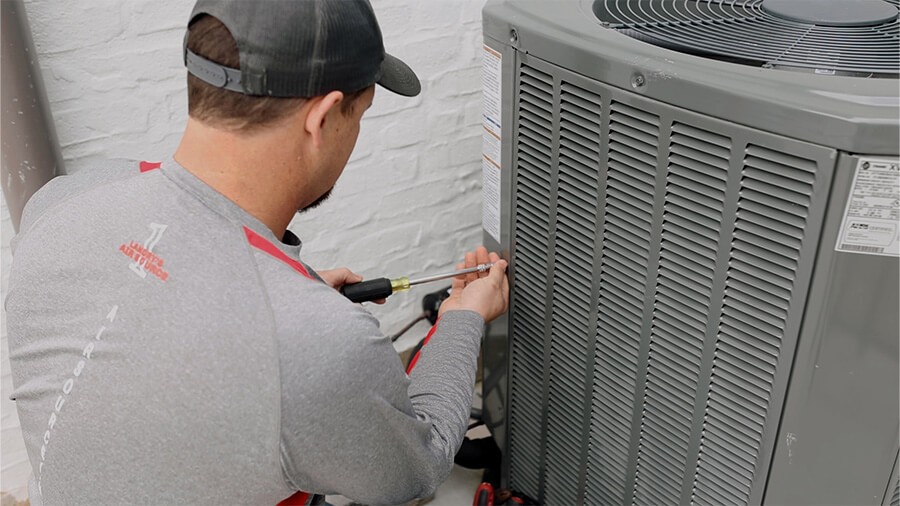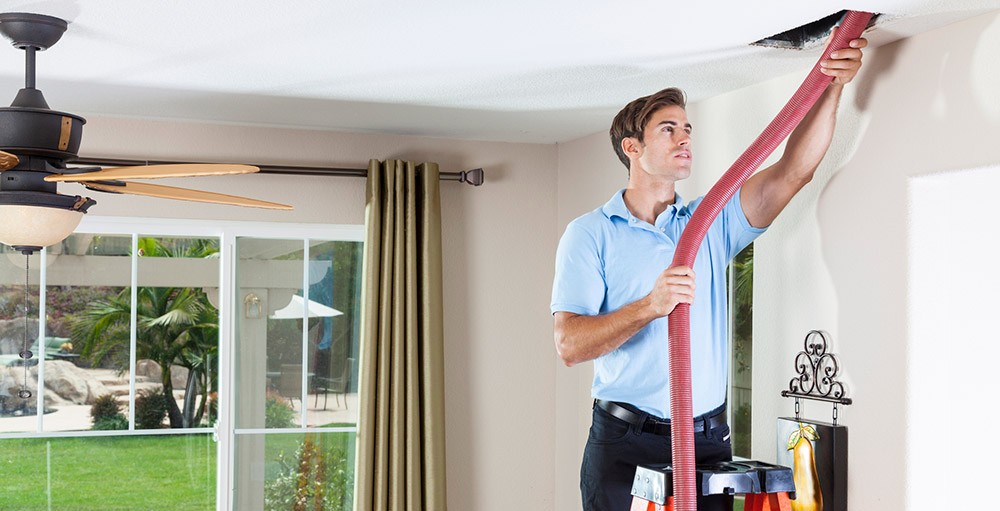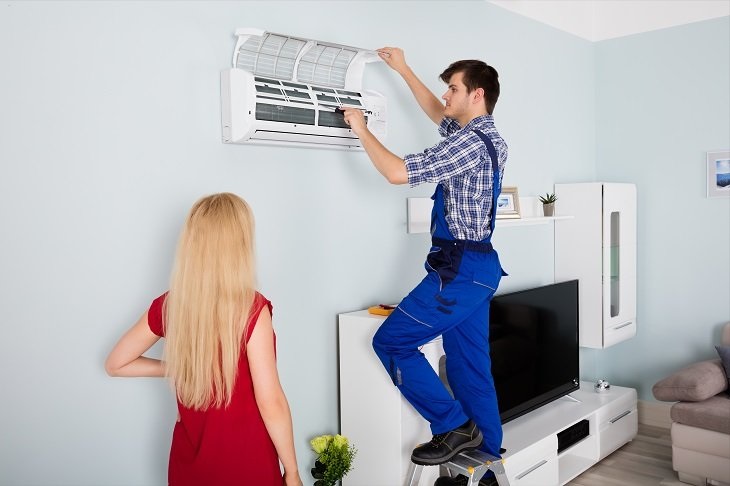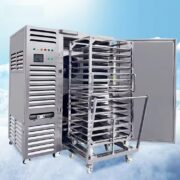Maintaining your HVAC system’s lifespan in your Florida home can help you prevent costly breakdowns and save money. Since the HVAC system is especially valuable, you should find ways to keep it running longer.
Here, our HVAC contractors in Miami, FL, offer simple tips to extend the life expectancy of your HVAC system:
Upgrade your home’s insulation
Your HVAC system will last longer if you don’t have to run it often. If you want to keep the air inside your home at the desired temperature, insulation is your secret weapon.
The main area to check and see if there’s enough insulation in place is your home’s attic. The type and extent of insulation you need will depend on where you live.
If your home isn’t properly insulated, adding more insulation into the wall cavities is highly recommended. Investing in a professional energy audit is a decent way to find out where your insulation is, and which areas aren’t well insulated.
Check the condenser
While the condenser of your air conditioner is designed to withstand the elements, it can suffer damage. From hail to windblown debris and everything in between, you’ll have to take prompt action if any damage occurs.
Regularly look for any signs of damage to your condenser and do it, especially when a major storm has passed through. While looking for damage, clear out any debris or weeds nearby. This will give your condenser plenty of room to breathe.
Help your system
You can help your system and extend its life expectancy. For instance, to help filter the sunlight, you can close the blinds during 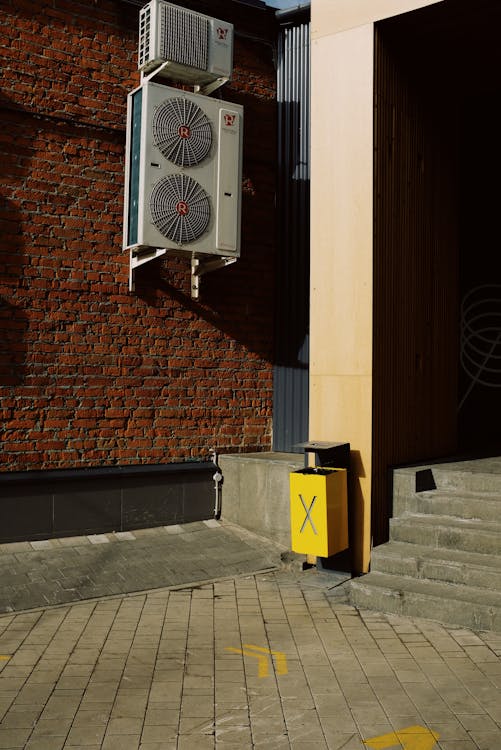 the hot summer months. You may also ensure your home is properly sealed and insulated.
the hot summer months. You may also ensure your home is properly sealed and insulated.
Plus, don’t let the debris build up on your exterior system. This is important to ensure nothing impedes the airflow.
Use the ‘auto’ fan setting
Most HVAC systems have two fan settings. For example, one is the ‘on’ setting that enables the fan to run constantly, and the other is the ‘auto’ setting that allows the fan to only run when the system is either actively heating or cooling.
Some systems also have dual-speed fans – a feature that offers a more energy-efficient setting for the fan between the heating and cooling cycles.
While we don’t always recommend the ‘on’ setting, it offers a plethora of benefits. For example, this setting traps more dust and dirt. So, if you’re living in a home where people have allergies, they’ll be able to breathe easily.
However, this setting will compel the system to work harder, which will reduce its lifespan. Plus, keeping the thermostat on the ‘on’ setting will clog your filters faster. If you don’t change them regularly, your system’s performance will decrease.
Don’t overwork the system
Be realistic while setting the level on your thermostat. For example, setting the thermostat in your home to 67 degrees when it’s 100 degrees outside isn’t reasonable at all. Your system will tirelessly work the entire day without ever reaching the desired temperature.

Here’s what you should do: install a programmable thermostat. This will help you set reasonable temperatures while ensuring the system doesn’t work hard when it doesn’t have to.
Change the filter regularly
Although your HVAC technician will probably check the filters in your system during annual maintenance, this doesn’t mean you shouldn’t. If you’re like most people, you’re either using the three-month pleated filters or 30-day fiberglass air filters. You must ensure you’re checking these regularly.
If your filters are very dirty, replacing them immediately is your only option. But why? Well, because dirty air filters make your HVAC system work twice as hard. They’ll make it difficult for the system to circulate air properly throughout your home.
Ensure the HVAC unit you’re using is of the proper size
Have a technician carry out a load calculation to ensure the HVAC system in your home is the right size. If the size of your system isn’t right, expect wear and tear at a much faster pace.
For instance, if your system is too small for your home, maintaining a comfortable temperature will require your system to work very hard. Consequently, it’ll continue to run constantly as it attempts to heat or cool the home to achieve the desired temperature.
If the system is too big, it’ll accomplish the desired temperature setting very quickly. This will lead to frequent cycling, which may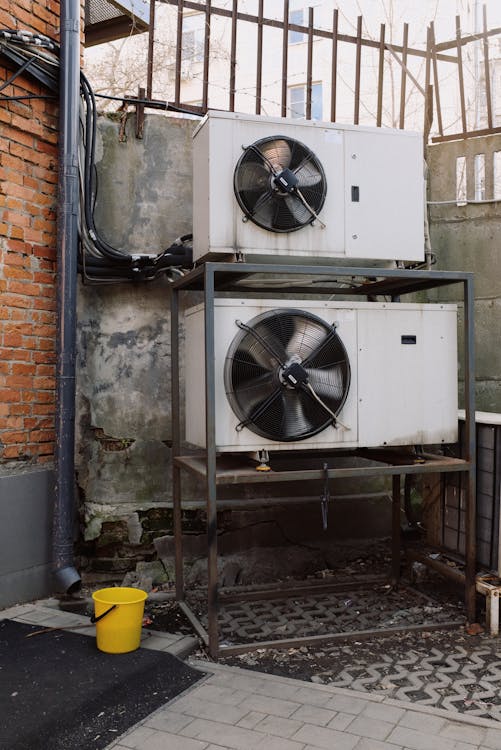 lead to wear and tear, mainly due to moisture issues.
lead to wear and tear, mainly due to moisture issues.
Schedule at least two tune-ups every year
Modern HVAC systems don’t require a lot of maintenance. While this is true, it doesn’t mean you shouldn’t maintain your systems regularly. You must inspect, clean, and tune up your furnace and air conditioner at least once every year.
Scheduling service for your furnace during early fall or late summer and your air conditioner during the spring is always a good idea. This will ensure the system has been optimized for efficient operation the very first day it’s required.
Plus, if a technician comes across a serious issue, it can be easily dealt with before changing over for the season.
Most HVAC system tune-ups will comprise a thorough inspection, as well as lubrication for every moving part. Other services usually offered comprise checking the heat exchanger for any cracks, replacing the filters, condenser cleaning, getting rid of any buildup in the condensate drain tube, and checking the refrigerant levels. To help make the system safer, efficient, and durable, your HVAC technician may perform other maintenance tasks too.
Carvajal A/C Mechanical Corp offers professional HVAC maintenance services in Miami, FL
Tired of searching for, ‘the best HVAC service near me?’ Your search ends right here.
Whether you need a complete system replacement or efficient and quick HVAC maintenance services in Miami, FL, Carvajal A/C Mechanical Corp can help.
Give them a call now for more information about their HVAC company in the Miami, FL area!



